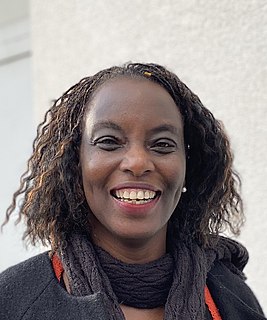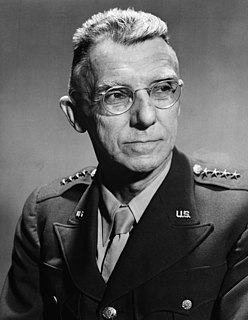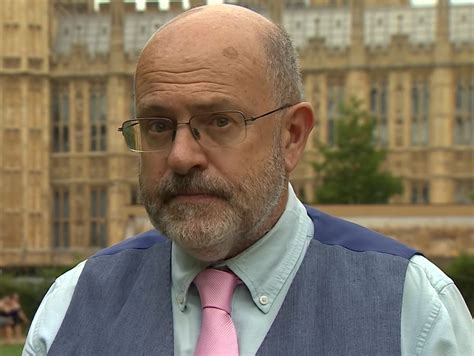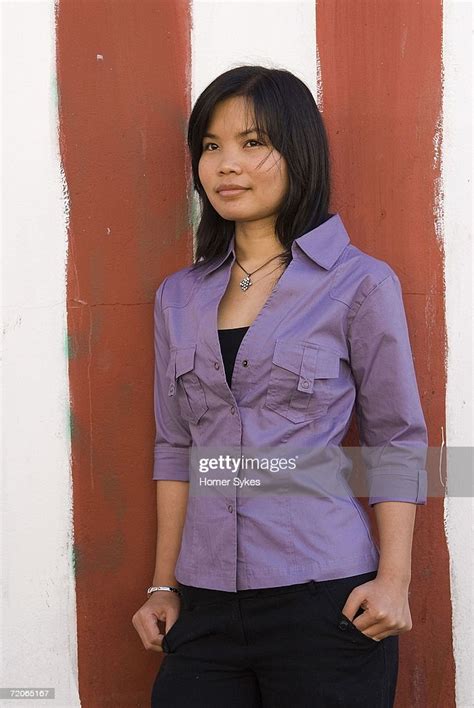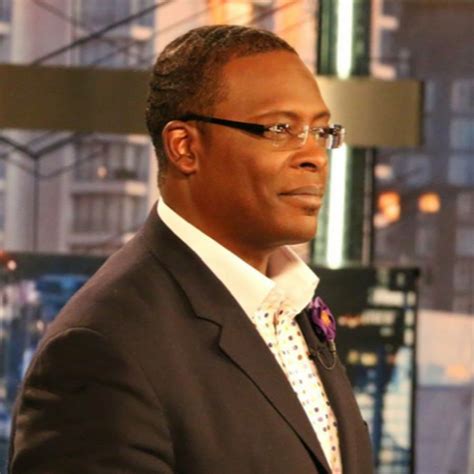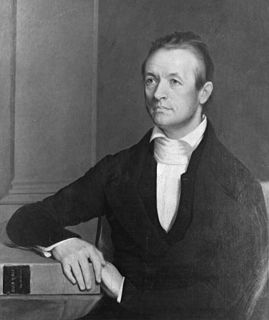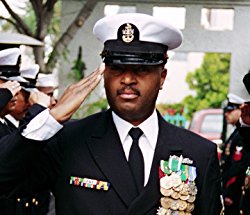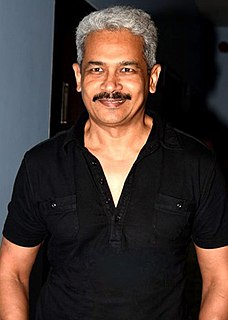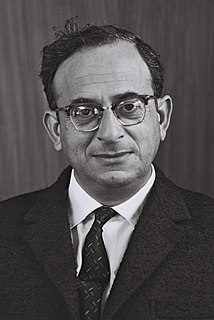Top 104 Burma Quotes & Sayings - Page 2
Explore popular Burma quotes.
Last updated on November 24, 2024.
In Burma, under the present Constitution, the Army can always take over all parts of government if they think this is necessary. so until the Army comes out clearly and consistently in support of the democratic process we cannot say that it's irreversible. But I don't think we need fear a reversal too much either.
But you'll notice, you will notice that Russia and China, invariably at the United Nations, move to block American action, to repress or hem in or punish other kinds of outlaw. Who stands behind Mugabi at the United Nations? Russia and China do. Who tried successfully to prevent the United Nations from speaking with one voice on its most signal violation of its resolutions, Iraq? Russia and China, again. North Korea the same. Burma the same.
I think East Asian countries, I think they're very fortunate to have Buddhism survive as a strong influence because right from the time when Buddha himself, 2,500 years ago, made the point about the importance of education, and the word "Buddha" also means enlighten[ed] or educated. So all the Buddhist countries, not only Japan and Korea and China and Hong Kong and Thailand but also even Burma and Sri Lanka, had a higher level of education.
India and Burma have been close friends since the days we were struggling for independence. And I'm a great admirer of Mahatma Gandhi and Jawaharlal Nehru, and all those leaders of India's independence movement. I would like to believe the aspirations and hopes we shared in the past will continue to bind us in the future.
In Burma, we are being told by so-called experts and some governments that we must be patient and that there can be incremental change through Parliament. The UN did this, and failed spectacularly, and while they did, the human rights situation got worse. The dictatorship ignored the UN and international community, making not a single concession. Now we are being told again these Parliaments are new, we should engage with them and if improved they can bring positive change. I don't place any hope in that.
Yes, I am very unhappy, extremely anguished at human rights violations against Kashmiris in India or against Rohingyas in Burma or, for that matter, Christians in Orissa; but obviously, I am going to be more concerned of violations taking place in my own house because I am closer to the people who I live with. I have more passion for them.
People who live in hermit states like North Korea, Burma, and Cuba already suffer from global isolation. Fed on a diet of propaganda, they don't know what's happening inside their borders or outside of them. By increasing their seclusion, sanctions make it easier for dictators to blame external enemies for a country's suffering.
For the past 10 years I have had the interesting experience of observing the development of Parkinson's syndrome on myself. As a matter of fact, this condition does not come under my special medical interests or I would have had it solved long ago. … The condition has its compensations: one is not yanked from interesting work to go to the jungles of Burma ... one avoids all kinds of deadly committee meetings, etc.
We have been making constant efforts, all the time, to start dialogue with the SLORC, but you know it takes two. We don't want a monologue. We would like a substantive political dialogue among the SLORC, political leaders including myself, and leaders of ethnic groups-exactly as stipulated in the U.N. General Assembly resolution on Burma.
In the last thirty years we have gained enormous amount of freedom (everywhere, except perhaps in places like Burma or North Korea), but we lost quite a large amount of security. Because of all sorts of reasons, because of globalization which stripped the nation state of a large part of its sovereignty away, because of the dismantling of the so-called welfare state. As a result, people feel simultaneously much freer and much more insecure.
At the moment I would like to emphasize the need for vocational training, for non-formal education in Burma to help all those young people who have suffered from a bad education. They have to be trained to earn their living. They have to have enough education vocational training to be able to set up respectable lives for themselves.
I think corporations should give more attention to this suffering and should wait to invest until there is a responsible government in Burma. I do not think it is a good idea to separate economics from politics; in fact, I do not think economics can be separated from politics It's quite understandable that many business concerns think only about their own profits It's up to the public to put as much pressure as it can on these companies, through shareholder resolutions and public actions.
Music has as many roles as people make it. I traveled to Burma once years ago to witness the people's struggle for democracy, meet some people and learn some stuff. And I had this incredible experience over and over again in the Burmese jungle or refugee camps or health clinics with very oppressed, very devastated people. I show up, and I'm white and I'm American and I'm privileged and I have an experience that these people can't fathom and vice versa. There was this huge chasm when I met people for all good reasons.
I gathered as much reading material about Aung San Suu Kyi and about Burma as I could. And I read every article and every book she had written. I also had 200 hours of footage of her to watch. I tried to discover who were her heroes and where he desire and strength to pursue democracy in a non-violent fashion came from.
In Burma, we need to improve education in the country - not only primary education, but secondary and tertiary education. Our education system is very very bad. But, of course, if you look at primary education, we have to think in terms of early childhood development that's going back to before the child is born - making sure the mother is well nourished and the child is properly nurtured.
The best way to deal with AIDS is through education. So we need a really widespread AIDS education program. In fact, what we need in Burma is education of all kinds - political, economic, and medical. AIDS education would be just part of a whole program for education, which is so badly needed in our country.
In Burma, we have only about four percent of the people in our country who are (college) graduates. So can we not value the majority? No, we must. If we just value the graduates, then does that mean our people are not valuable? I don't believe that. What is important is we need right people in right positions.
I do not believe that the accident of birth makes people sisters and brothers. It makes them siblings. Gives them mutuality of parentage. Sisterhood and brotherhood are conditions people have to work at. It's a serious matter. You compromise, you give, you take, you stand firm, and you're relentless...And it is an investment. Sisterhood means if you happen to be in Burma and I happen to be in San Diego and I'm married to someone who is very jealous and you're married to somebody who is very possessive, if you call me in the middle of the night, I have to come.
